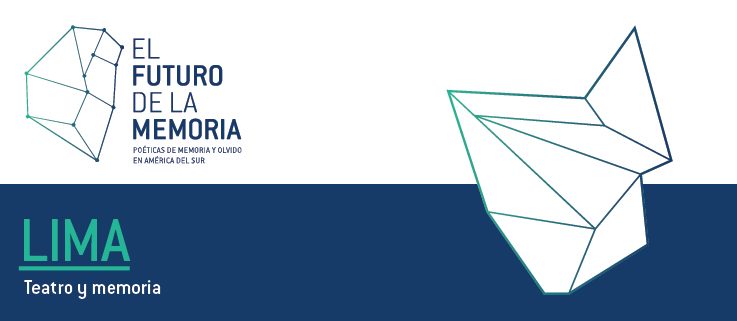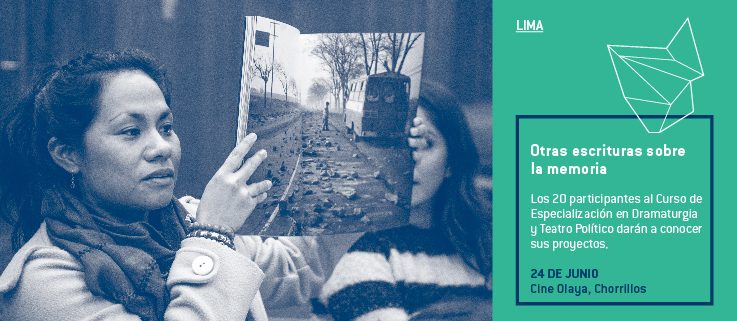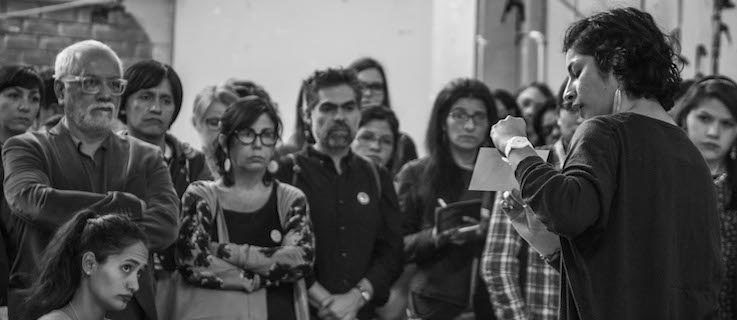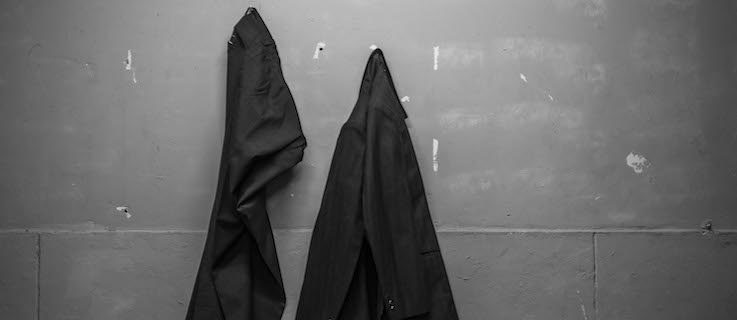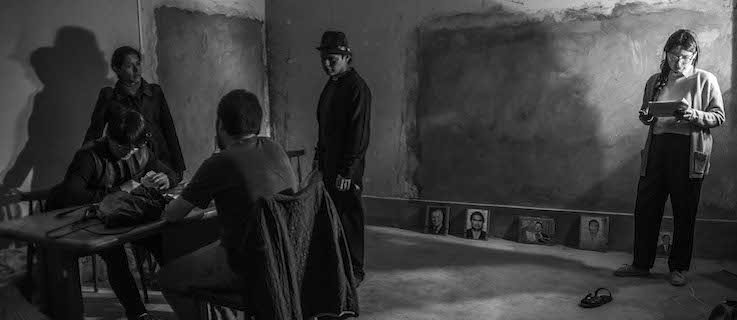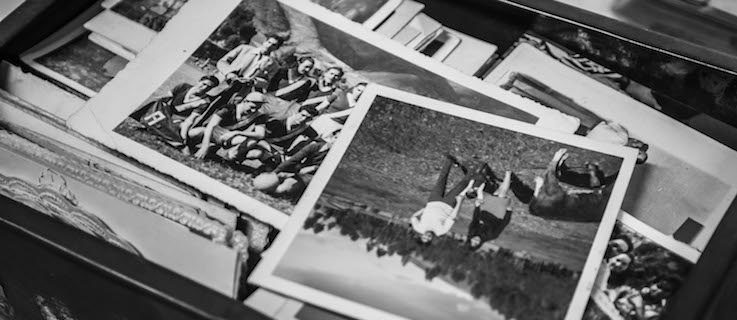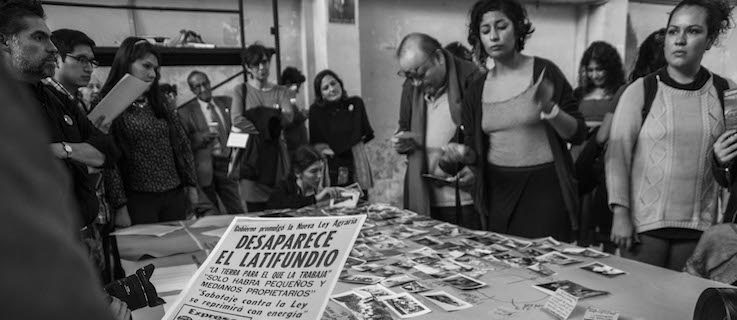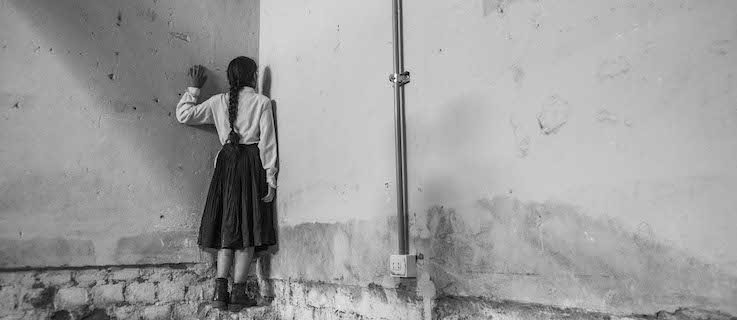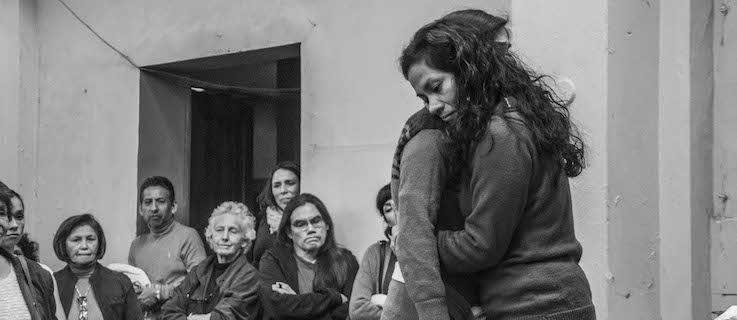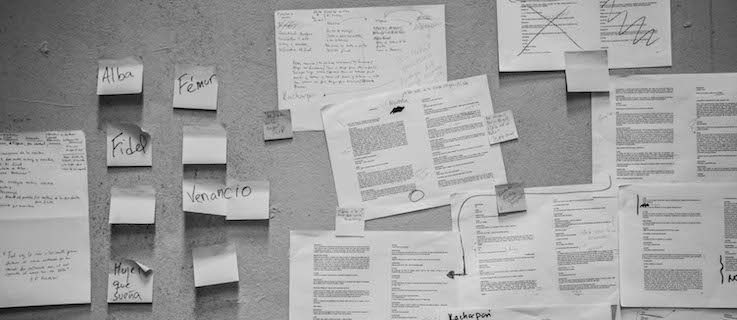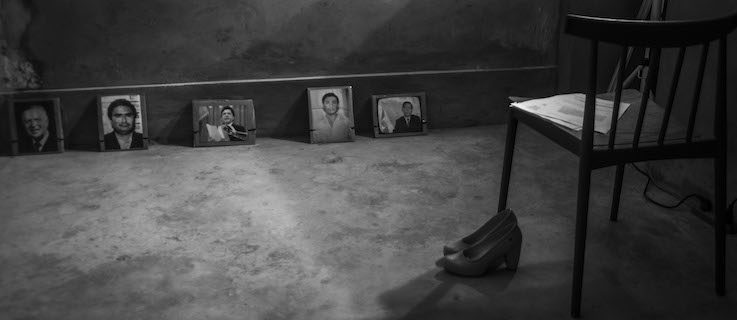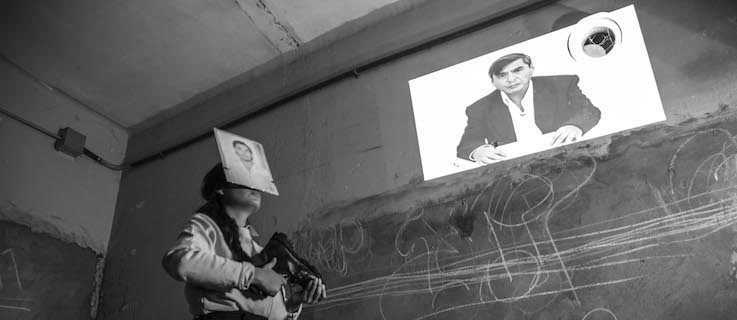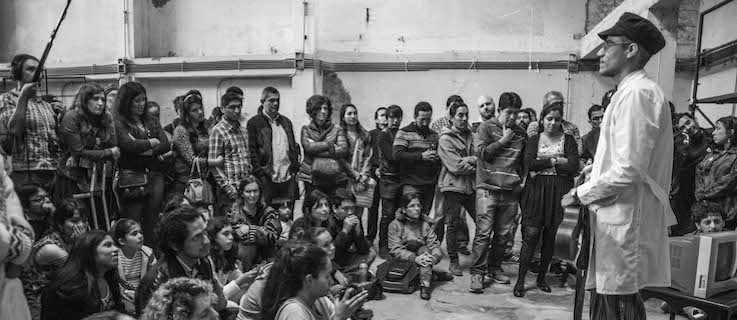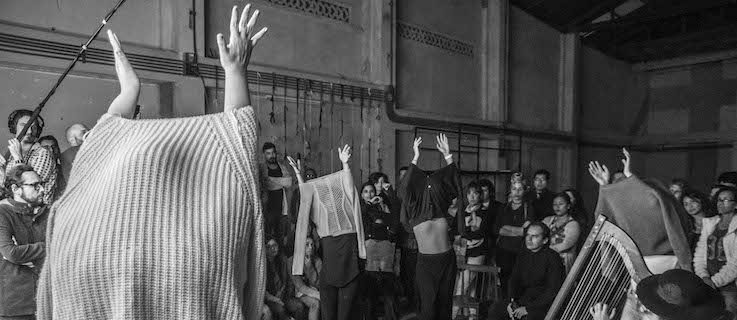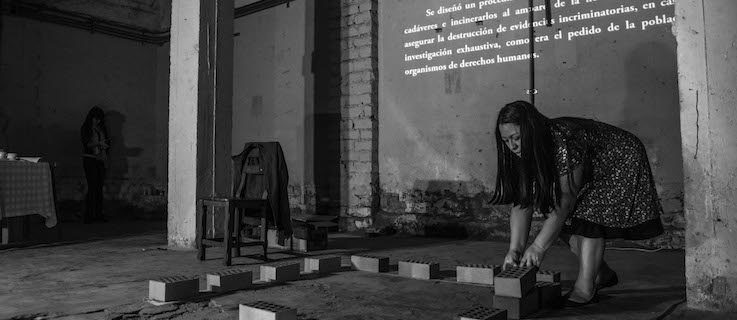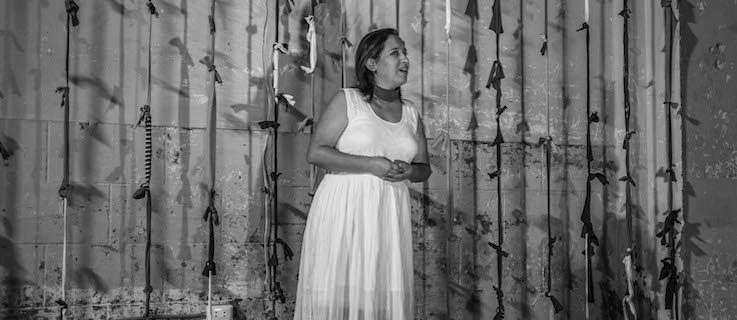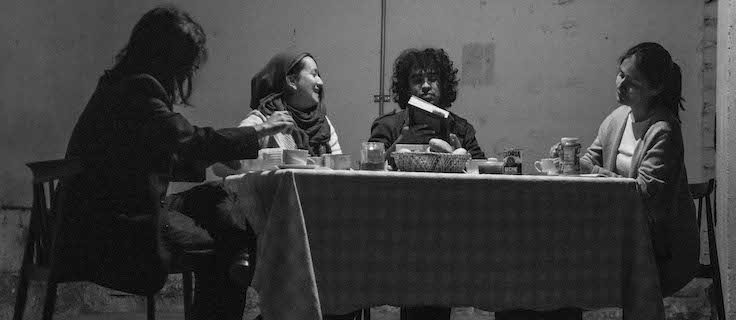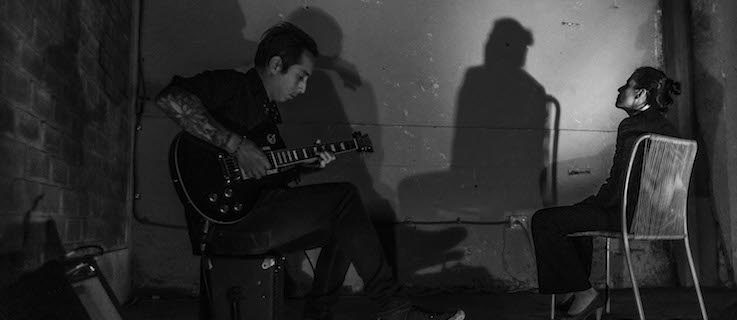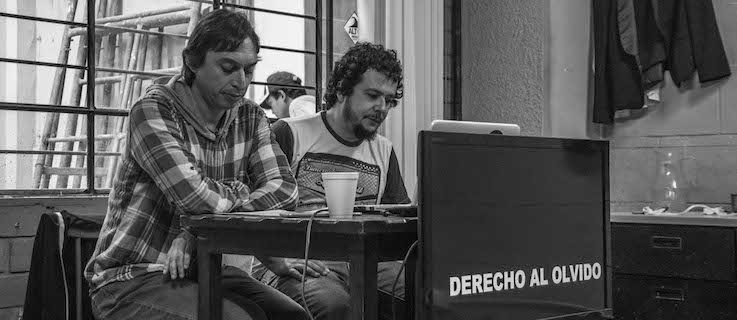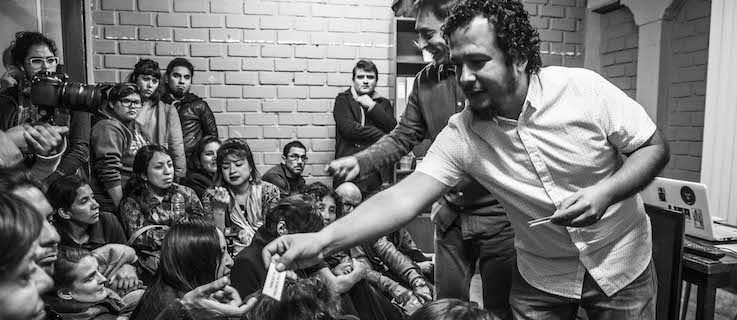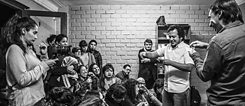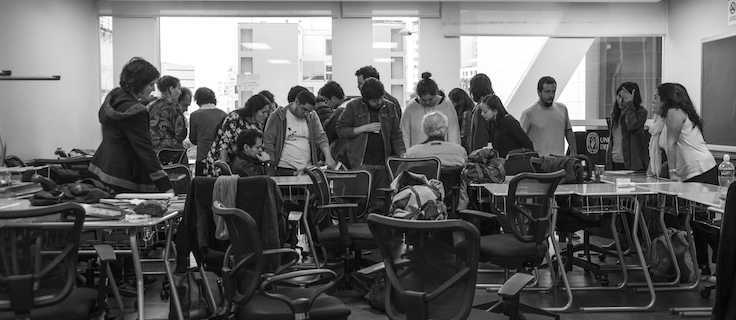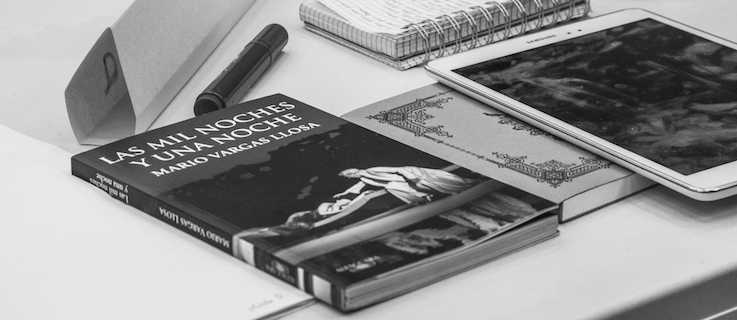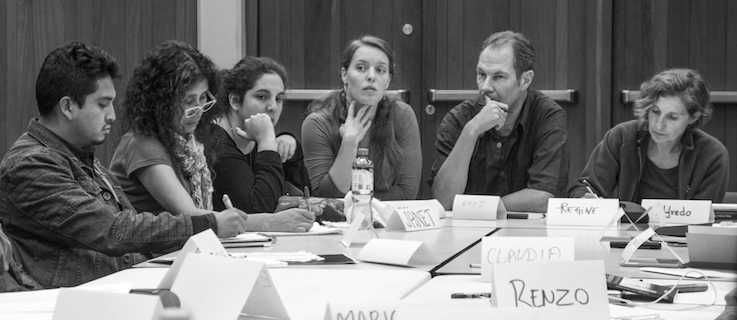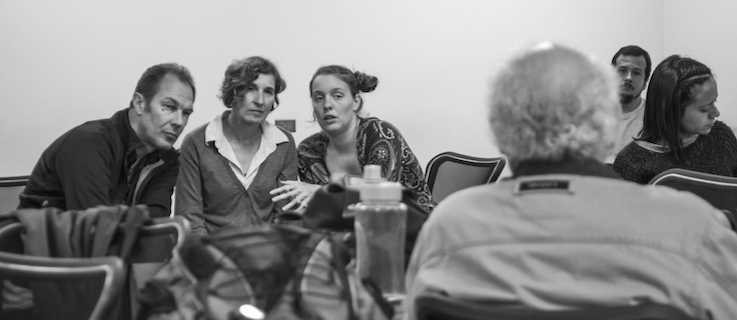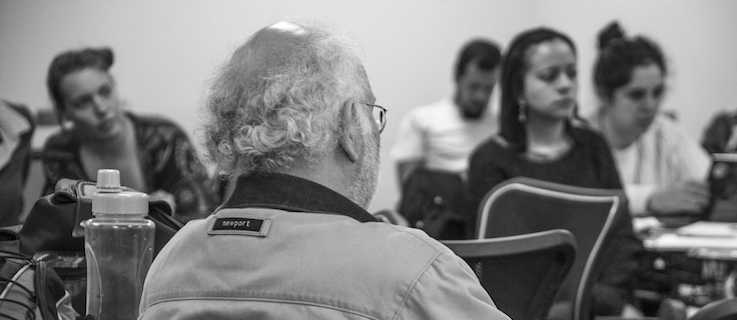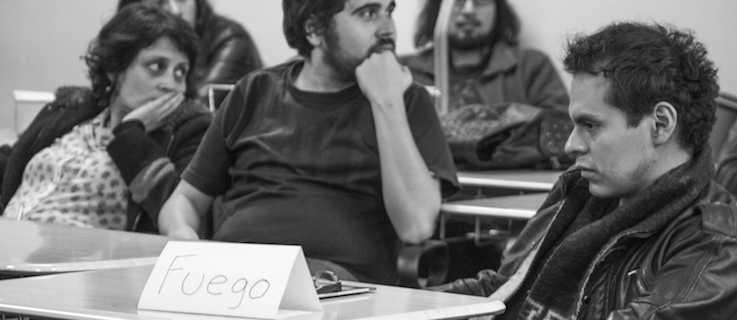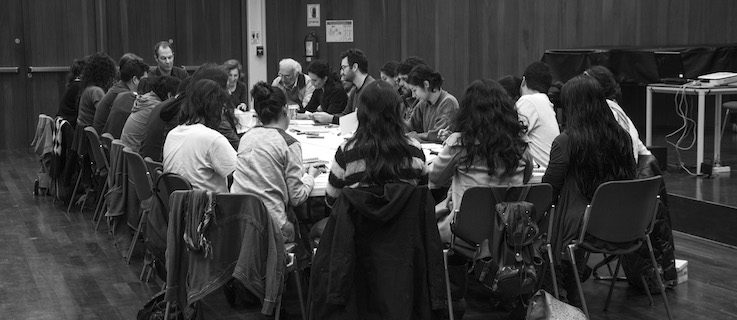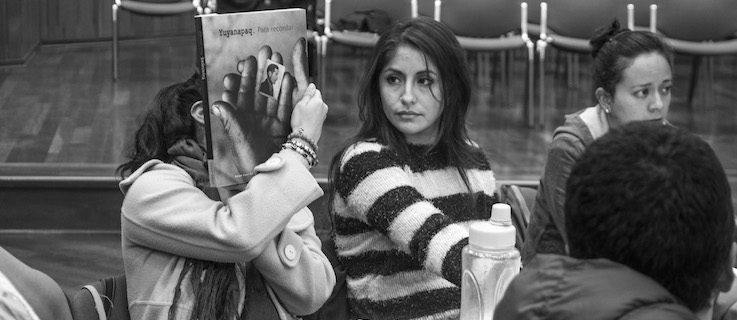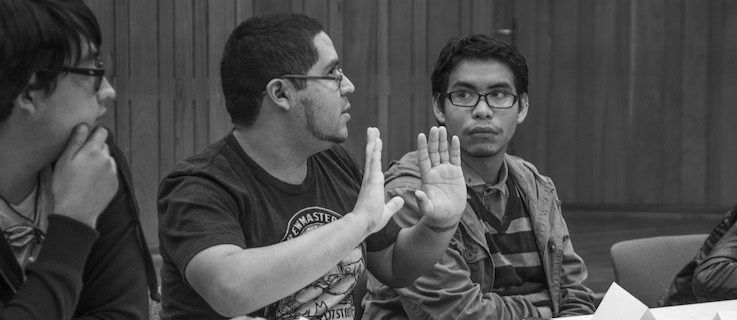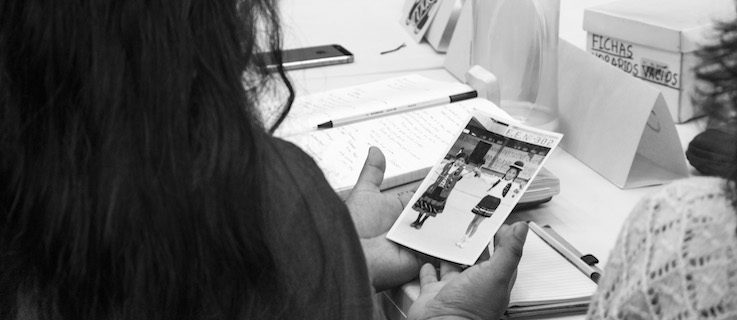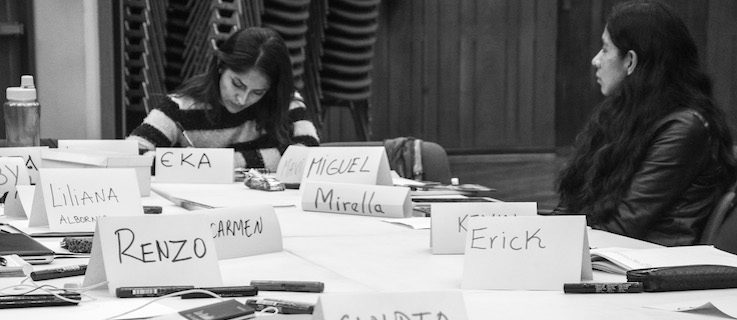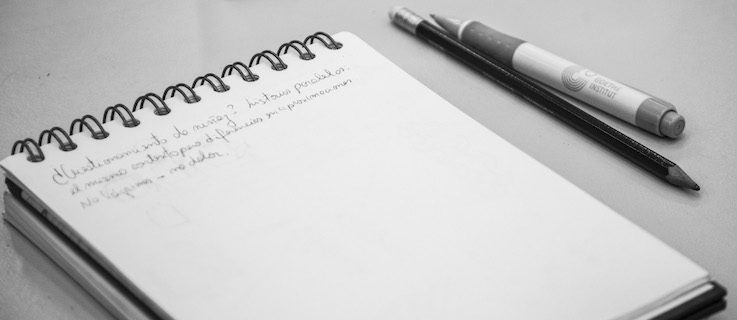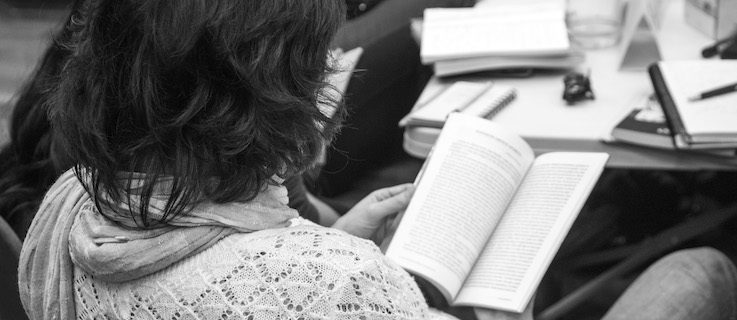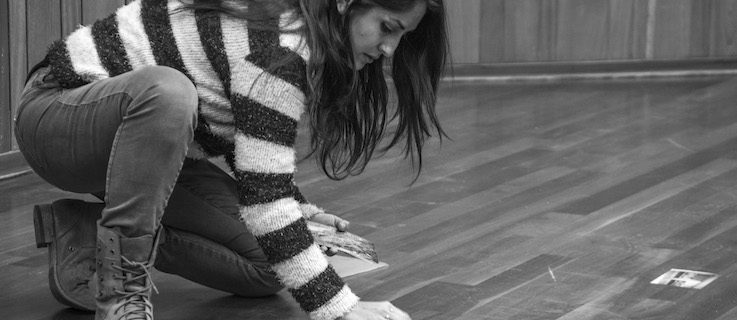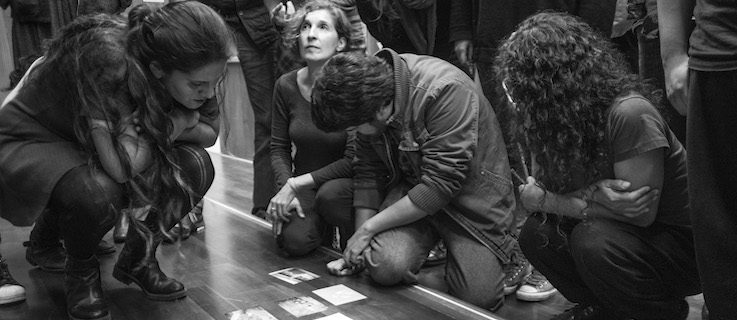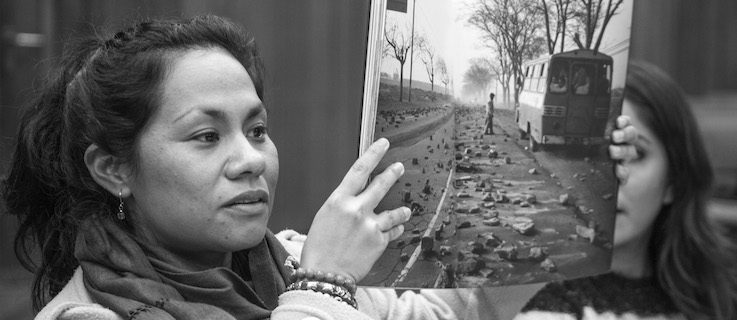Lima
Si algo dejan las guerras y los conflictos, además de destrucción y muerte, son arquetipos. El bueno y el malo, la víctima y el victimario. La violencia política de finales del siglo XX en el Perú no escapa a estas dicotomías, presentes aun hoy en el debate público y en los espacios culturales y mediáticos, pese a los numerosos intentos de la sociedad por esclarecer sus causas. Para tratar de entender todas las contradicciones y ambigüedades de esa realidad, el Goethe-Institut y el Centro Cultural de la Universidad del Pacífico inauguraron en septiembre de 2016 el Curso de Especialización en Dramaturgia y Teatro Político.
Su objetivo es conocer y complejizar, desde el teatro, otros relatos que ahonden especialmente en el conflicto interno de los años 80 y 90 en el país. Además de asistir a seminarios, laboratorios, conferencias y talleres, los 20 participantes al curso están desarrollando proyectos individuales que abordan temas como la desaparición forzada a manos de Sendero Luminoso y el Movimiento Revolucionario Túpac Amaru (MRTA), o la esterilización de mujeres indígenas durante el gobierno de Alberto Fujimori. La apuesta es por dramaturgias capaces de confrontar versiones y, sobre todo, propiciar una reflexión crítica y colectiva sobre la memoria histórica.
Programa de la presentación final del Curso de Especialización en Dramaturgia y Teatro Político
Taller de teatro documental
Los asistentes al curso de Especialización en Dramaturgia y Teatro Político tuvieron la oportunidad de participar en un taller con el director alemán Hans-Werner Kroesinger y la documentalista alemana Regine Dura. Este es un resumen gráfico de la jornada.
